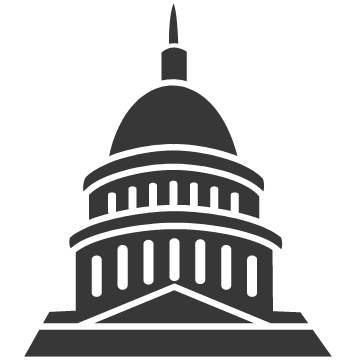
Outreach
The Institute has and will continue to publish free educational content in the form of op-eds, pamphlets, blog posts, podcasts, and videos for the purpose of raising awareness and generating interest in the theory of anacyclosis. Most Americans today know little about the historical knowledge that formed the bedrock on which our republic was founded. We think more Americans should know that there were hundreds of democracies in ancient times, that historians who studied their rise and fall came up with a powerful model for how democracies evolve, and that the Founders of the United States were influenced by that model when designing a new republic. Moreover, we think Americans should know that the political crises of our times – polarization, demagoguery, increasing inequality, and the erosion of institutions – are not new problems, but plagued virtually all democracies of the past, and are predicted by the theory of anacyclosis.

Research
The Institute conducts and supports original research that attempts to understand the trends, forces, and patterns of history for the benefit of humanity. While we consider the Polybian anacyclosis model to be a promising first step in understanding political evolution, we believe humanity now has the scientific tools available to make a better model. To that end, we aim to foster cooperation among scholars and institutions seeking to understand and model historical trends. We will do this by organizing and sponsoring conferences that will enable scholars and researchers to share their ideas and improve their historical models. We also aim to set up a scholarship fund to support graduate students and/or postdocs working on topics related to anacyclosis.

Solutions
We believe that the methods we employ to address today’s political crises must be historically-grounded and historically-informed, otherwise they will be almost certainly doomed to failure. One of the long-term projects of the Institute is to work out a set of policy proposals to address the rise of polarization, demagoguery, increasing inequality, and the erosion of our political institutions. There is no quick fix to any of these issues, and we anticipate our proposals to arise out of the findings of our research and conscientious debates with other historians and policy makers.
